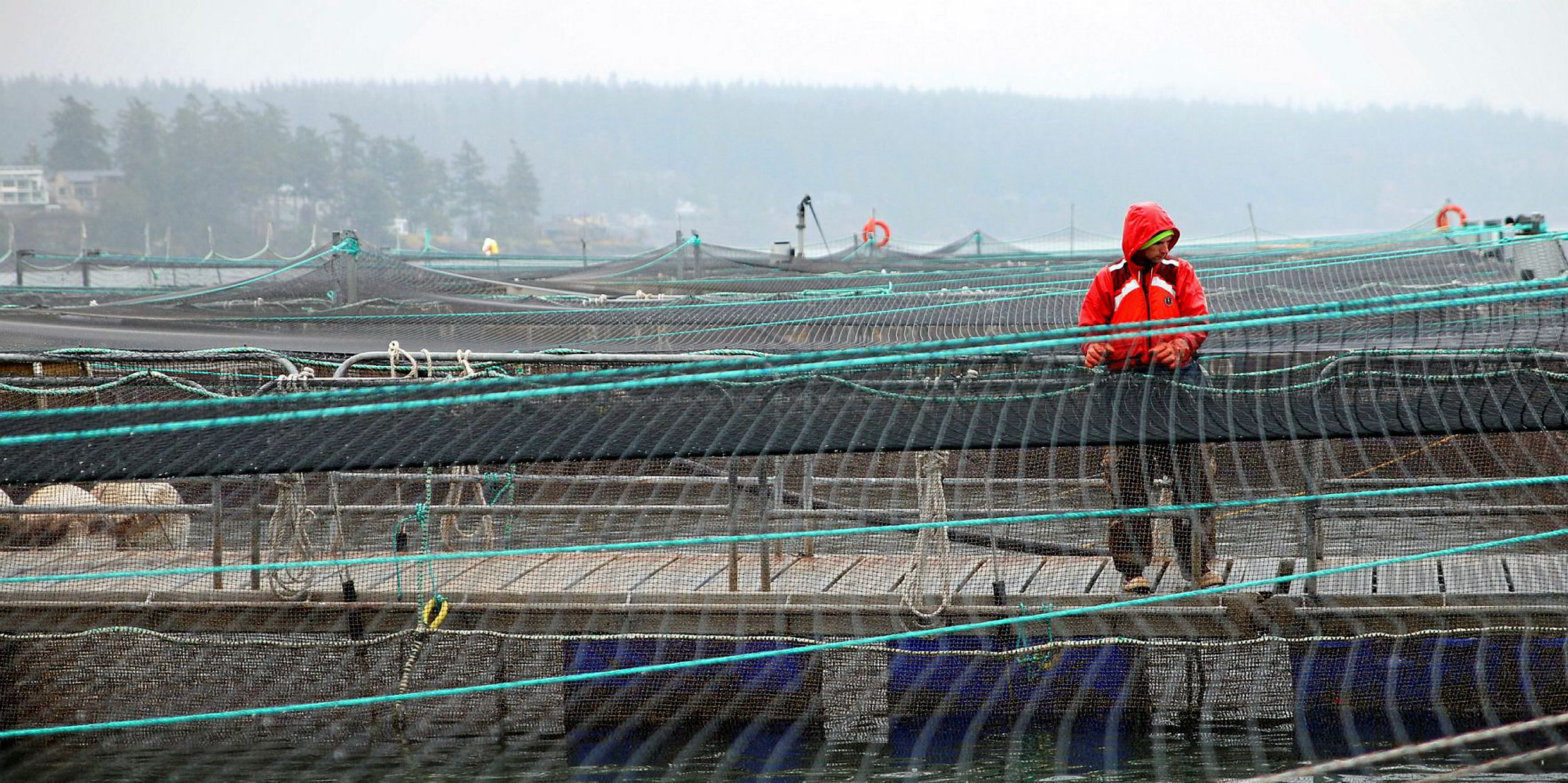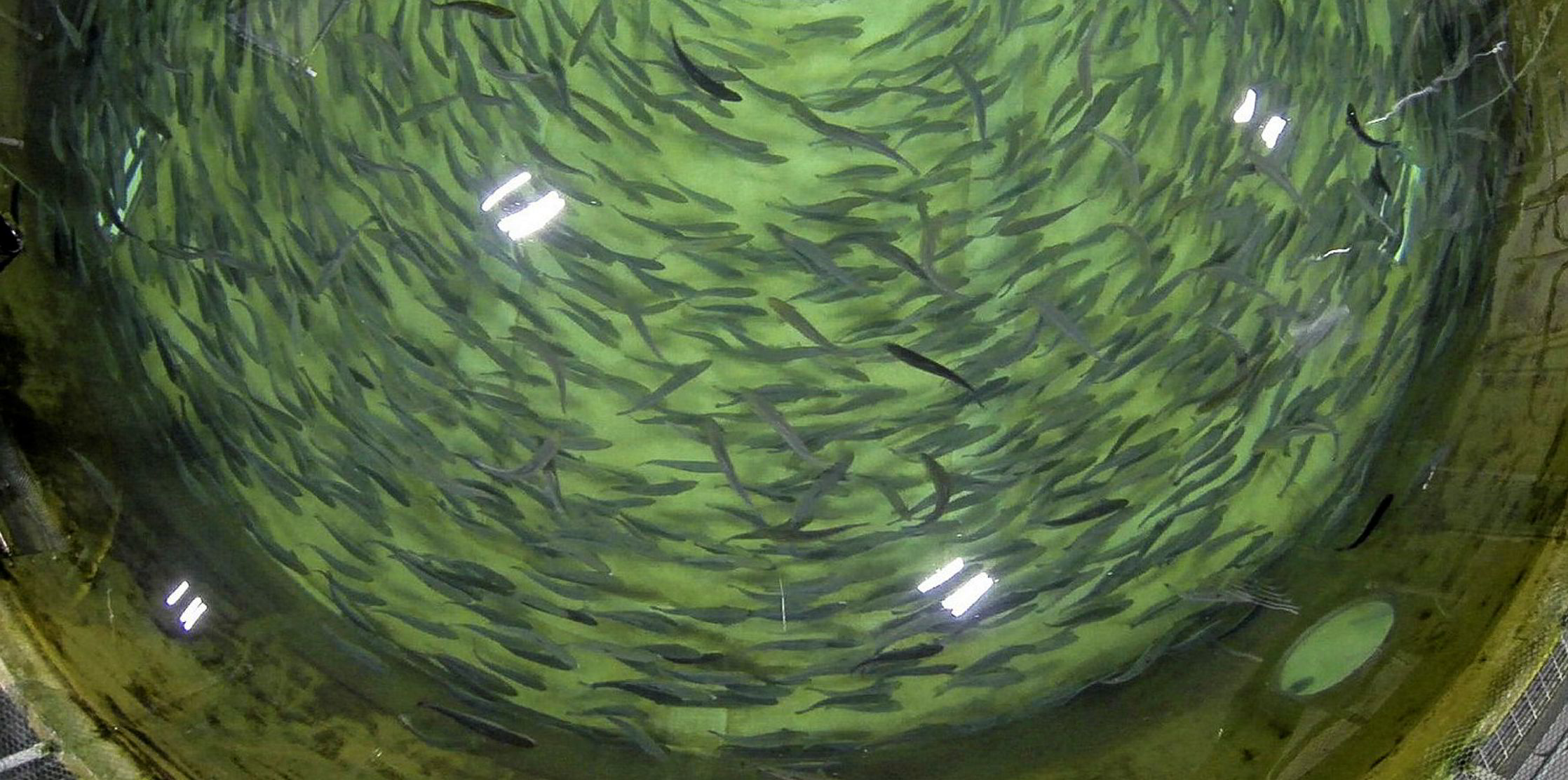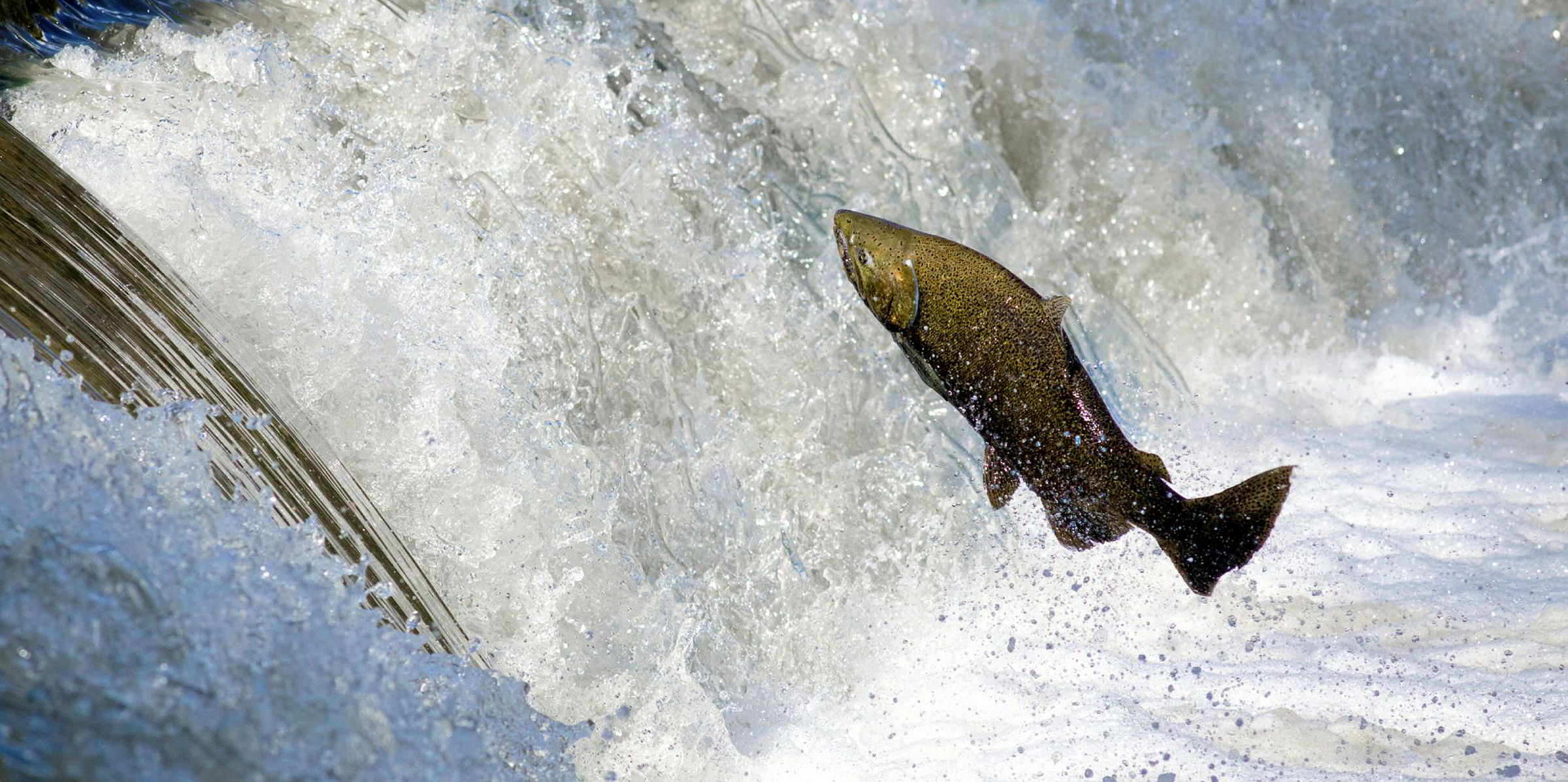Environmental groups on Tuesday filed a lawsuit against the Washington State Department of Fish and Wildlife, claiming Cooke Aquaculture's proposed steelhead trout farming operation could have catastrophic impacts on the health of the Puget Sound waters the fish would be raised in.
Friends of the Earth, Wild Fish Conservancy, the Center for Biological Diversity and the Center for Food Safety claim the department failed to account for environmental risks to federally protected species when it issued permits to Cooke to farm steelhead in netpens in January.
“The state is legally obligated to protect the ecosystem and communities living and working near Puget Sound from irresponsible companies like Cooke Aquaculture,” said Hallie Templeton, Friends of the Earth’s senior oceans campaigner.
“Despite its reckless release of non-native Atlantic Salmon, Cooke is hoping to take advantage of loopholes to bypass protections implemented by Washington’s legislature. State officials have unlawfully ignored the harms of floating factory farms and instead greenlighted more environmental havoc in Puget Sound.”
If authorized, the permit would allow the company to produce steelhead salmon in net pens for five years. However, the permit may extend to three other Cooke-owned netpens in the future.
Under the plan, Cooke will transition operations in Fort Ward, Orchard Rocks, Clam Bay and Hope Island from Atlantic salmon to trout.
In October, Cooke found an ally in Washington state to help it with its trout and black cod farming projects in the state with the establishment of a joint venture with Washington state's Jamestown S’Klallam Tribe.
In the court filing Tuesday, the NGOs highlighted the escape of around 250,000 Atlantic salmon from Cooke’s Cypress Island facility in 2017, an incident that led the state to swiftly pass a law banning net pen farming of non-native finfish by 2022.
It's not the first time Wild Fish Conservancy and its partners have gone after Cooke's salmonid farming projects.




